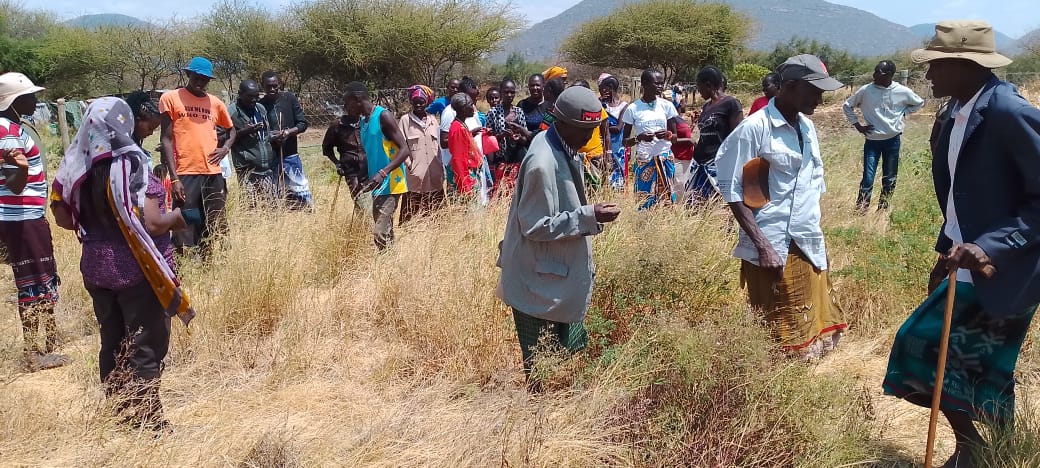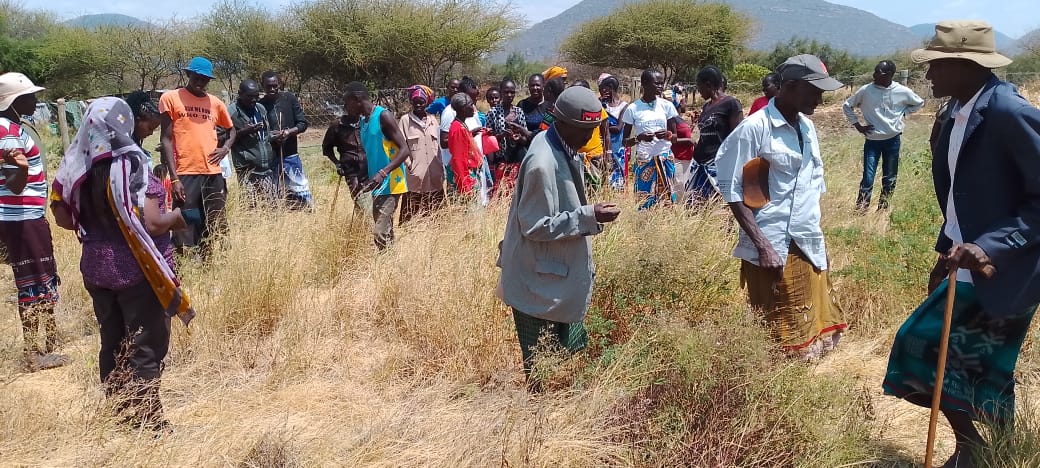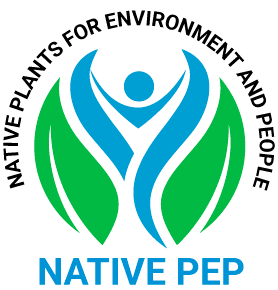
Advancing Ecological Restoration through Fodder Trials and Community Engagement in Ariemet, Nasuulu Community conservancy- Isiolo

Ariemet, Isiolo County, Kenya – In the arid landscapes of Northen Kenya, a modest plot in Ariemet is transforming into a beacon of ecological restoration and resilience. Led by local woman, Teresiah Amogo, under the Native Plants for Environment and People (Native PEP) project, demonstrating how sustainable land management can bring real improvements to biodiversity, animal health, food security and livelihood.
The site is emerging as a model for dryland rehabilitation and community-driven land stewardship. Located in a mixed-tenure landscape, it has shown exceptional results, with thriving vegetation growth with distinct differences between plots sown with different plant species mixtures.. Control areas which were dominated by non-palatable forbs, while areas sown with grasses produced a lot of forage. Areas sown with mixtures of grasses and legumes produced a mixed vegetation with higher biodiversity. Local land-users reported that female goats fed with grass-legume mixtures produced more milk than goats fed with grasses only.
The demonstration trial also underscores how secure and individualized land management practices can contribute significantly to improved ecological outcomes. Observations revealed that private plots consistently outperformed communal sections in both grass vigor and overall plot health. These findings have sparked vital conversations around land tenure and its implications for restoration success.
Building on the success of the trial, partners and community members are exploring ways to replicate the effective strategies used in the Ariemet plot to enhance performance in other underperforming communal lands in the region. Additionally, long-term monitoring efforts are being prioritized to better understand soil health dynamics and sustainability of the interventions.
Complementing the scientific aspect of the project, a well-attended Community Knowledge Session was held on-site under the theme of “Reviving Our Lands – The Role of Fodder in Restoring Ecosystems.” The session brought together around 50 participants, including youth, women and herders from surrounding villages. Topics covered during the session included: fodder production techniques, ecosystem restoration benefits, socio-economic impact and community-led innovation.
“Before this project, I struggled to feed my goats especially during the dry season,” shared Teresiah, who leads the demonstration trial.“Now, with legumes from the plot, they’re producing more milk, and I no longer worry about fodder shortages. Even the vegetables I planted nearby are flourishing. It feels like my land has come back to life. I’m so thankful; and I truly hope the Native PEP project remains with us.”
Teresiah’s experience is echoed by others in the community who are eager to adopt similar practices. The success of the trial is not only feeding livestock but also restoring degraded land, improving soil structure, and regenerating native plant species.
The event also included a guided tour of the demonstration plot, allowing participants to engage in hands-on identification of different fodder species. These practical discussions generated excitement about the potential for upscaling fodder production on both private and communal lands, tailored to local conditions.
As the Ariemet trial continues to evolve, it offers a compelling case study in how well-managed fodder systems can deliver both ecological and social benefits. By blending scientific inquiry with community participation, the project is laying a foundation for a more climate-resilient, inclusive and sustainable land restoration efforts for pastoral and agro-pastoral communities in Northern Kenya and across the region.
Looking ahead, there are plans to strengthen local capacity through continued training, seed sharing and monitoring, ensuring that Ariemet’s success can inspire similar efforts across Isiolo and beyond.
By Dr. Judith Koskey

